Glance At The Cloud Services In The Realm Of Cyber Security
4.9 out of 5 based on 17535 votesLast updated on 22nd Aug 2023 15.96K Views
- Bookmark

Pursuing cloud computing certifications has become essential to validate expertise in managing and securing cloud environments.
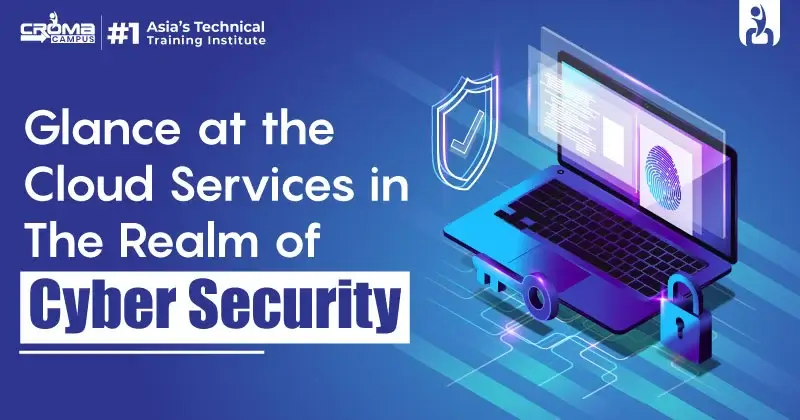
In the rapidly evolving landscape of technology, cloud computing has emerged as a pivotal force, reshaping the way businesses and individuals approach data management, storage, and security. With digital transformation becoming a norm, cloud services have become an integral part of modern businesses, offering a myriad of benefits including enhanced efficiency, scalability, and cost-effectiveness. In the realm of cyber security, cloud computing plays a crucial role in safeguarding sensitive information and bolstering defenses against evolving threats.
Let’s now have a look at the various types of cloud services, the intersection of cloud computing and cyber security, the significance of cloud computing certification, the benefits of cloud security, and an overview of cloud computing courses and fees.
Understanding the Different Types of Cloud Services
Cloud Computing has given rise to a variety of service models that cater to distinct needs and requirements. The three primary types of cloud services are:
- Infrastructure as a Service (IaaS): IaaS provides virtualized computing resources over the Internet. Users can access and manage servers, storage, and networking components without the need for physical hardware. This model offers high flexibility and scalability, making it ideal for businesses with fluctuating workloads.
- Platform as a Service (PaaS): PaaS offers a platform that enables developers to build, deploy, and manage applications without concerning themselves with the underlying infrastructure. This streamlines the development process and accelerates time-to-market for new applications.
- Software as a Service (SaaS): SaaS delivers software applications via the Internet on a subscription basis. Users can access these applications without needing to install or maintain them locally. This model simplifies software distribution and updates while ensuring consistent user experiences.
Cloud Computing in Cyber Security
In the domain of Cloud Computing in cyber security, the former has become a cornerstone for businesses seeking to fortify their digital defenses. The cloud provides an array of security services that can be harnessed to enhance protection against cyber threats.
Some key aspects where cloud computing intersects with cyber security include:
- Threat Intelligence and Analysis: Cloud services can aggregate data from various sources to provide real-time threat intelligence. This enables businesses to stay ahead of emerging threats and vulnerabilities.
- Identity and Access Management (IAM): Cloud-based IAM solutions offer robust authentication and authorization mechanisms, reducing the risk of unauthorized access to sensitive resources.
- Data Encryption and Privacy: Cloud platforms provide encryption tools to safeguard data both in transit and at rest. This is crucial for maintaining the confidentiality and integrity of sensitive information.
- Incident Response and Recovery: Cloud services facilitate rapid incident response by providing tools for monitoring, analysis, and recovery. This ensures that any breaches can be swiftly identified and mitigated.
The Significance of Cloud Computing Certification
Given the increasing reliance on cloud services, individuals and professionals are recognizing the importance of acquiring cloud computing certifications. These certifications validate one's expertise and knowledge in effectively managing and securing cloud environments. Not only do these certifications enhance career prospects, but they also demonstrate a commitment to staying current with the latest advancements in technology. Some popular cloud computing certifications include:
- AWS Certified Solutions Architect: Offered by Amazon Web Services, this certification validates skills in designing and deploying scalable systems on the AWS platform.
- Certified Cloud Security Professional (CCSP): Backed by (ISC)², this certification focuses on cloud security, risk management, and compliance.
- Microsoft Certified: Azure Solutions Architect Expert: This Microsoft Azure Course Online certification attests to proficiency in designing solutions on the Microsoft Azure platform.
Benefits of Cloud Security
Cloud security brings forth a multitude of benefits that contribute to a more resilient and secure digital environment:
- Reduced Infrastructure Costs: Cloud security eliminates the need for extensive on-premises security infrastructure, resulting in cost savings.
- Scalability and Flexibility: Cloud security solutions can be scaled up or down based on demand, providing the flexibility to adapt to changing requirements.
- Centralized Management: Cloud security enables centralized management of security policies, ensuring consistency across diverse environments.
- Automated Threat Detection: Cloud security solutions often incorporate AI and machine learning to automatically detect and respond to threats in real-time.
Overview of Cloud Computing Courses and Fees
As the demand for cloud expertise continues to surge, educational institutions and online platforms offer a plethora of cloud computing courses. The Cloud Computing Courses Fees for these courses vary based on factors such as the level of expertise, the duration of the course, and the institution providing the training. On average, introductory courses might range from $100 to $500, while more comprehensive programs could go upwards of $1000. However, many platforms offer financial aid and scholarships to make these courses accessible to a wider audience.
Job Role of a Cybersecurity Analyst
A Cybersecurity Analyst has to perform numerous tasks. To execute these tasks smoothly, you will have to know their skills beforehand. If you also aspire to turn into a knowledgeable Security Analyst, you need to know their job roles beforehand: -
- As a Cyber Security analyst, you will be accountable for preventing theft, loss, or unauthorized access to your company’s hardware, software, and networks.
- You will be accountable for performing a variety of Cyber Security tasks at a company.
- In fact, you will also be accountable for keeping up with security-related problems and occurrences in network traffic.
- Likewise, you will also have to examine incidents and respond quickly in response to events.
- You will also have to create detailed incident reaction reports.
- Moreover, you will also have to consolidate and utilize firewalls, encryption programs, and other security measures respectively.
- Your main role will comprise fixing security problems, and information security practices available.
- You will also be responsible for conducting threat analysis, regular tests, risk assessment, etc.
Related Blogs:
The Ultimate Guide To Ethical Hacking 2025
Top 10 Benefits Of Learning Cyber Security
Which Cyber Security Certification Will Benefit You The Most?
Top Cyber Security Interview Questions & Answers For 2025
Amazon Web Services in Cloud Computing
Cloud Computing Courses for Beginners
Network Connectivity in Cloud Computing
Future Scope of Cloud Computing & Cybersecurity
Both cloud computing and cybersecurity are rapidly evolving fields, and their future scope holds great promise and challenges. Here's a look at what the future might hold for these two interconnected domains:
Cloud Computing
- Edge Computing Dominance: As the Internet of Things (IoT) continues to grow, edge computing will become more prominent. Edge computing brings computation closer to the data source, reducing latency and improving real-time processing. This will create a new paradigm in cloud computing where data processing and storage occur at the edge of the network.
- Serverless Computing Maturity: Serverless computing, also known as Function-as-a-Service (FaaS), will mature further. This model allows developers to focus solely on writing code without worrying about infrastructure management. Its efficiency and cost-effectiveness will drive its adoption across various industries.
- Hybrid and Multi-Cloud Solutions: Many organizations will adopt hybrid and multi-cloud strategies to avoid vendor lock-in, improve redundancy, and optimize cost and performance. Management tools and services that facilitate seamless integration between on-premises infrastructure and various cloud providers will see increased demand.
- Quantum Computing Integration: As quantum computing technology advances, cloud providers may begin offering quantum computing as a service. This could revolutionize various industries, including cryptography, optimization, and complex simulations.
- AI and ML Integration: Cloud services will continue to integrate artificial intelligence (AI) and machine learning (ML) capabilities. AI-driven automation will enhance resource allocation, security, and performance optimization.
- Green and Sustainable Clouds: With increasing environmental concerns, there will be a push towards more energy-efficient and sustainable cloud infrastructure. Cloud providers will focus on reducing carbon footprints and optimizing energy consumption.
You May Also Read:
Certified Information Security Manager Training
Cisa Certified Information Systems Auditor
Certified Information Systems Security Professional Training
Certified Cloud Security Professional Training
Cyber Security
- Zero Trust Architecture: The traditional perimeter-based security model is proving inadequate against modern threats. Zero Trust Architecture, which assumes that threats exist both inside and outside the network, will become a standard approach. Identity and access management will play a crucial role.
- AI-Driven Security: AI and ML will play an integral role in cybersecurity. These technologies will be used to detect anomalies, predict threats, automate responses, and enhance overall security posture.
- Biometric and Behavioural Authentication: Traditional password-based authentication is vulnerable. Biometric authentication (fingerprint, facial recognition, etc.) and behavioral authentication (typing patterns, mouse movement) will gain prominence due to their enhanced security.
- IoT Security Challenges: As the number of IoT devices grows, ensuring their security will be a significant challenge. From connected homes to industrial IoT, robust security measures will be required to prevent breaches and attacks on these devices.
- Regulatory Compliance: Stricter data protection and privacy regulations will continue to emerge globally. Organizations will need to invest in compliance measures to avoid legal and financial repercussions.
- Rise in Cyber Threats: Cybercriminals will continually develop new attack vectors and techniques. Ransomware, supply chain attacks, and nation-state cyber espionage will remain significant threats. Cybersecurity professionals will need to stay ahead of these threats to protect digital assets.
- Cybersecurity Workforce Development: The shortage of skilled cybersecurity professionals will persist. Training and education programs will become critical to bridge this gap and develop a capable workforce.
From the information listed above, it's clear that the future of cloud computing and cybersecurity is intertwined with technological advancements, increased adoption, and evolving threat landscapes. Organizations and professionals in these fields will need to adapt, innovate, and collaborate to ensure the security and efficiency of digital operations.
Conclusion:
Well to be honest, over the past few years, Cloud Computing has ushered in a new era of technological advancement, with various types of cloud services empowering businesses and individuals to harness the benefits of scalability, efficiency, and cost-effectiveness. In the realm of cyber security, the amalgamation of cloud computing and security measures has led to enhanced protection against evolving threats. Pursuing cloud computing certifications has become essential to validate expertise in managing and securing cloud environments. The benefits of cloud security are far-reaching, providing cost savings, flexibility, and automated threat detection. Aspiring cloud professionals can embark on a journey of learning through various cyber security course, with fees that accommodate a diverse range of learners. With cloud computing poised to continue its transformative journey, staying informed and skilled in this domain is not just an option, but a necessity.
FAQs:
1. Why you should get associated with Croma Campus for Cloud Computing & cybersecurity training?
By getting related with us, you will acquire in-depth information concerning its functionalities along with enough study material. Not only this, but you will also get placement assistance post the completion of your course.
2. Do I need to acquire some special set of skills before enrolling in this course?
No. There's no such special skill set that you need to imbibe before getting started with this course. You can acquire its gist from available resources.
3. What are the five important roles of cybersecurity?
The five most important roles of this advancement are- Identity, Protect, Detect, Respond, and Recover.
4. List the topmost job roles in Cybersecurity.
Cloud consultant, Network security engineer, Identity manager, Cloud engineer, Penetration tester, Application security engineer, Director of information security, Software architect, etc.
Subscribe For Free Demo
Free Demo for Corporate & Online Trainings.
Your email address will not be published. Required fields are marked *
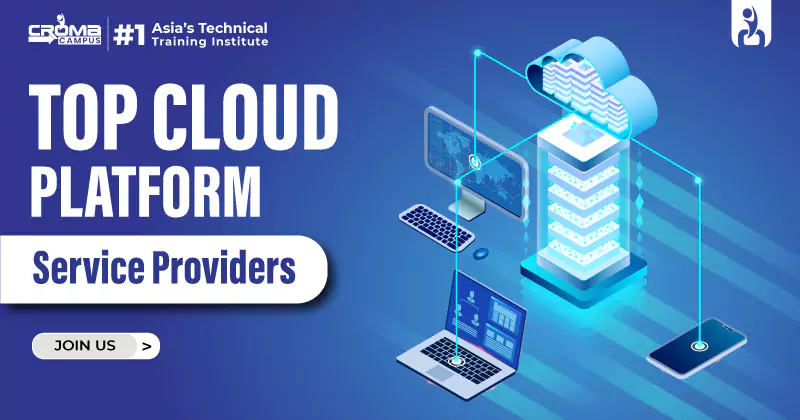

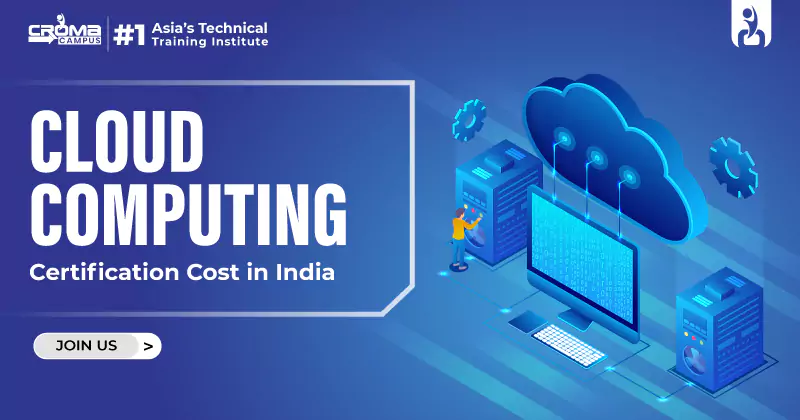
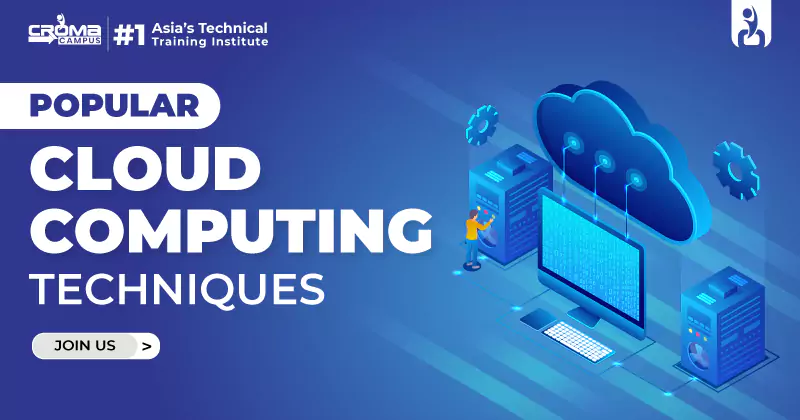
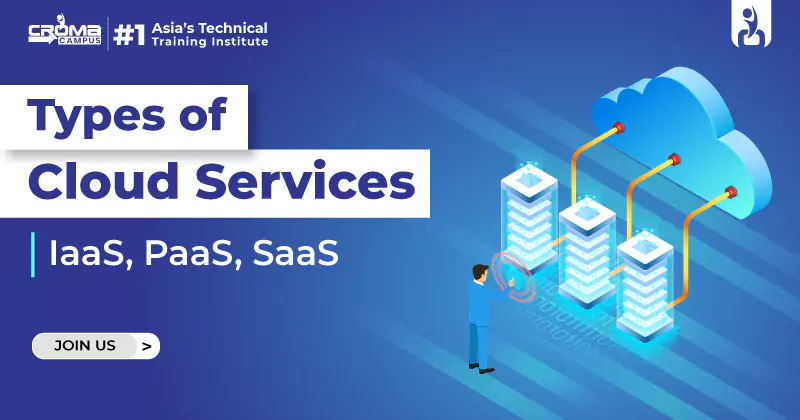

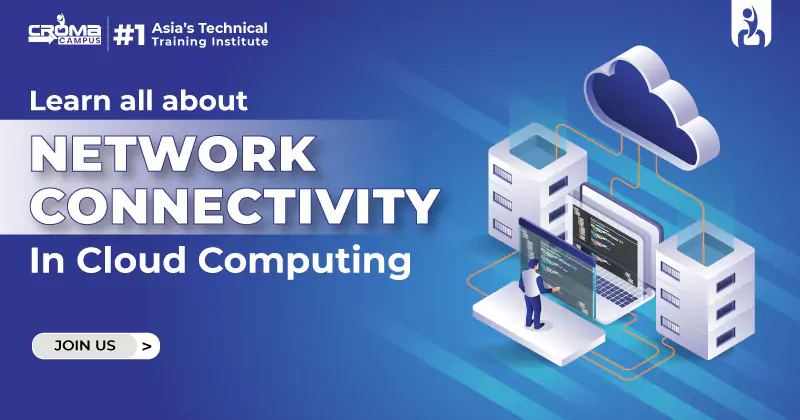

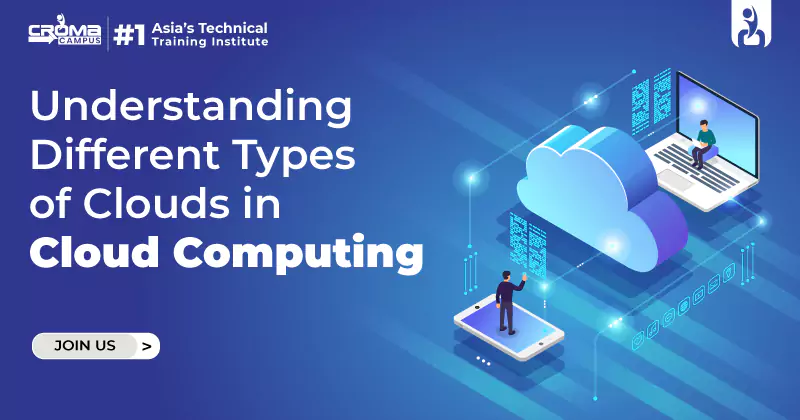

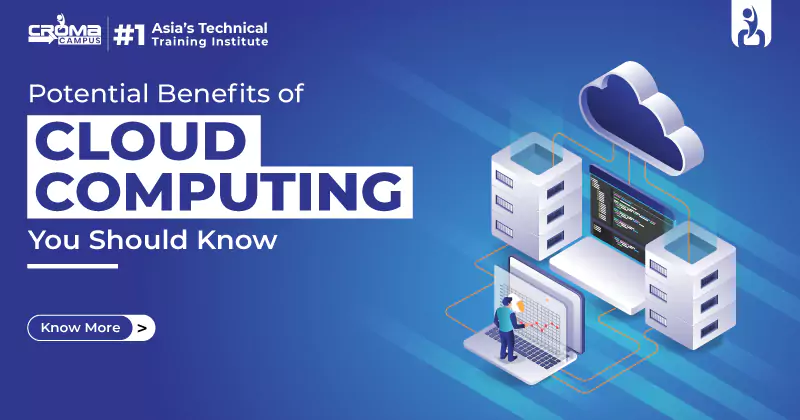
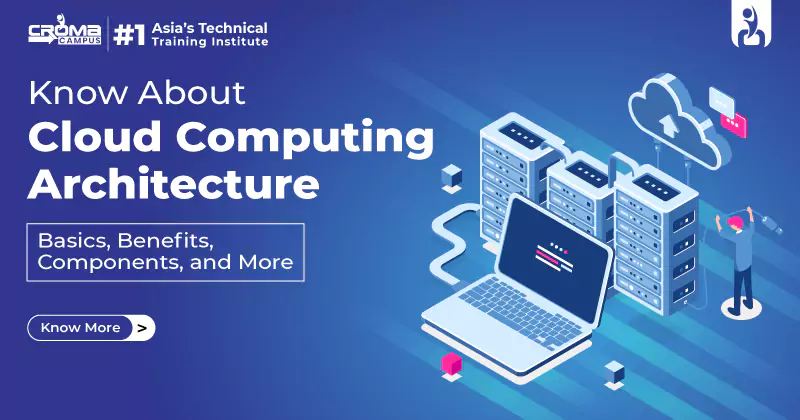










 Master in Cloud Computing Training
Master in Cloud Computing Training